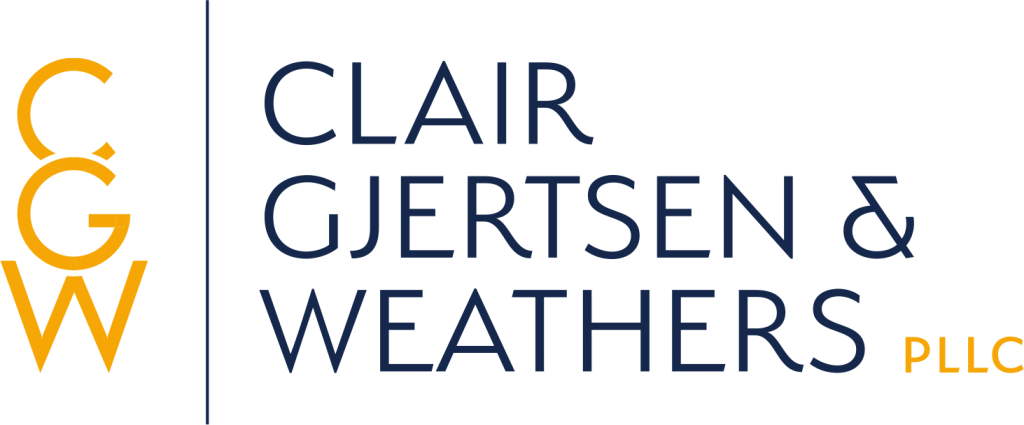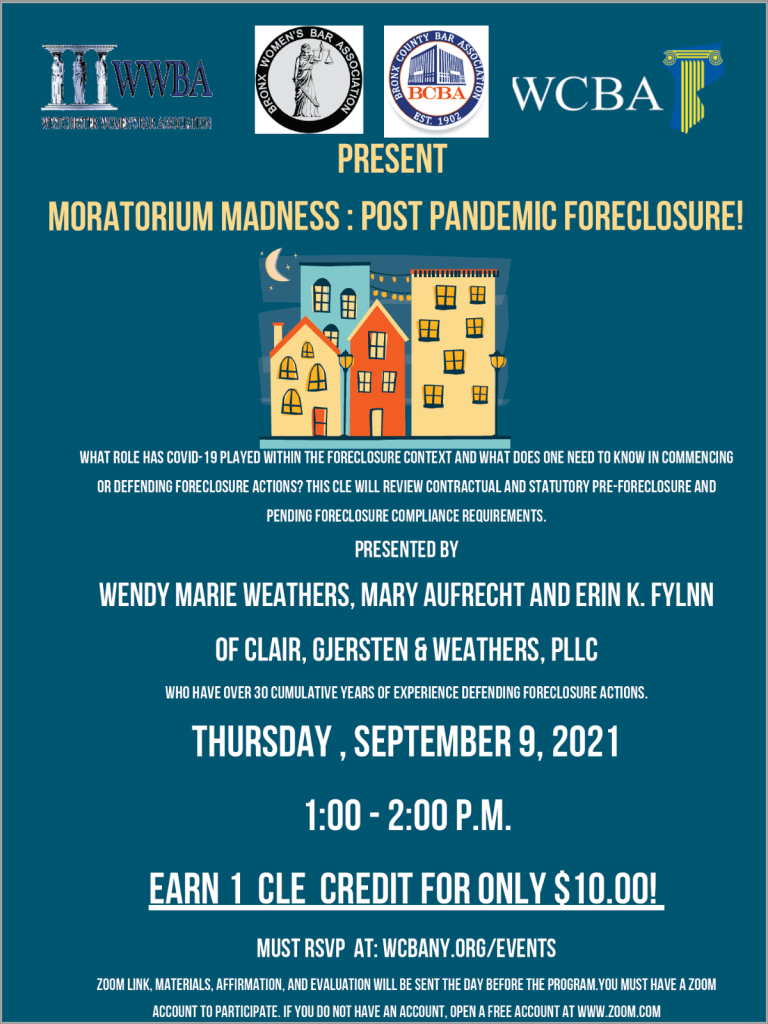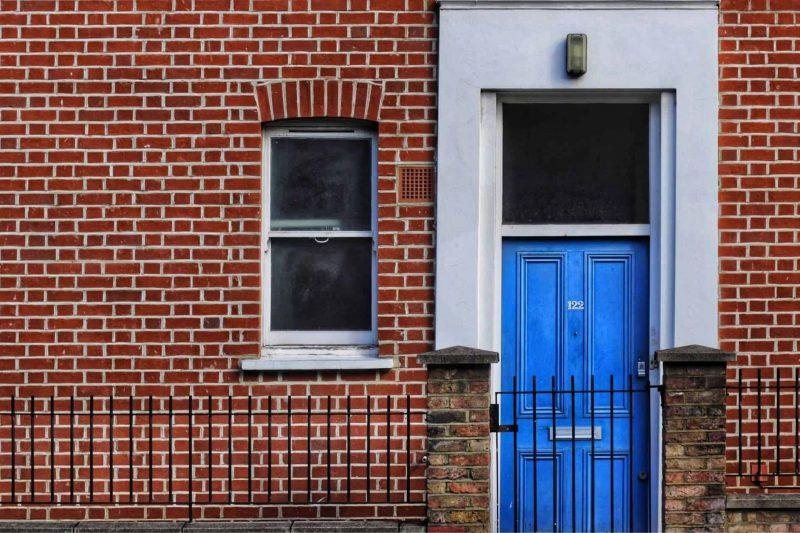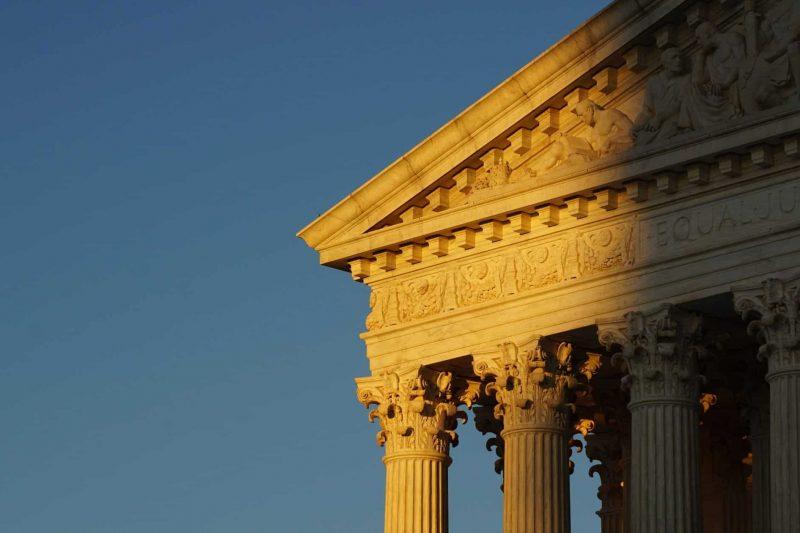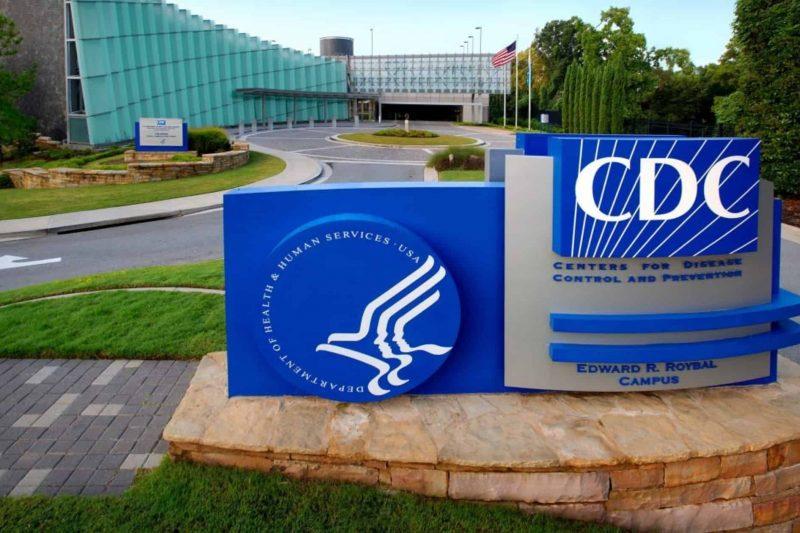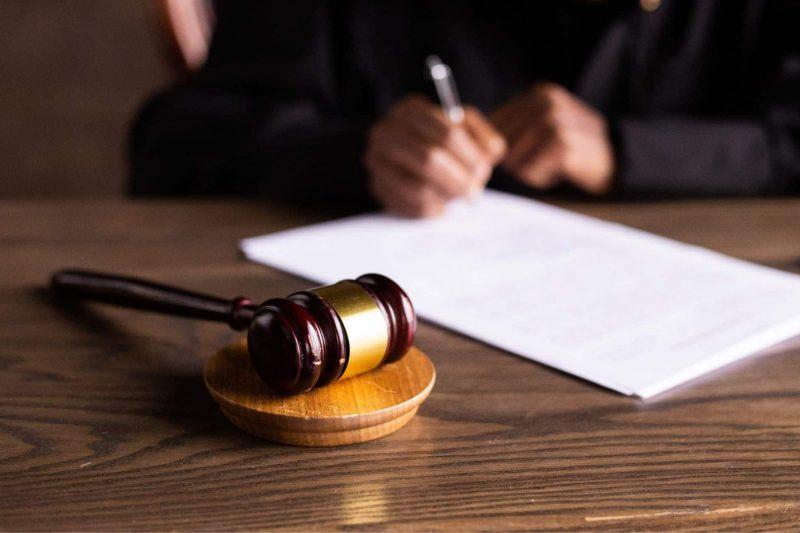NY & CT Foreclosure & Bankruptcy Attorneys
Schedule A Free Consultation 914.472.6202
In Collaboration with the Westchester County Bar Association and Bronx Women’s Bar Association
What role has COVID-19 played within the foreclosure context and what does one need to know in commencing or defending foreclosure actions? This CLE will review contractual and statutory pre-foreclosure and pending foreclosure compliance requirements.
Presented By
Wendy Marie Weathers, Mary Aufrecht and Erin K. Flynn of Clair, Gjersten & Weathers, PLLC who have over 30 cumulative years of experience defending foreclosure actions.
THURSDAY , SEPTEMBER 9, 2021
1:00 – 2:00 P.M.
EARN 1 CLE CREDIT FOR ONLY $10.00!
MUST RSVP AT: WCBANY.ORG/EVENTS
Download PDF
Zoom link, materials, affirmation, and evaluation will be sent the day before the program. You must have a zoom account to participate. If you do not have an account, open a free account at zoom.us.
In response to the COVID-19 Pandemic, the Center for Disease Control (“CDC”) ordered a new moratorium on residential evictions through October 3, 2021. Despite the numerous issues the Supreme Court has with the previous moratorium, the CDC issued the new Moratorium for counties with “substantial” or “high” rates of COVID-19 transmission. Now, the United States Supreme Court has issued a decision on the constitutionality of the new Moratorium.
In a 6-3 decision, the U.S. Supreme Court sided with an assortment of property owners and realtor trade associations that challenged the CDC on their authority to issue a sweeping Moratorium on residential evictions. In an unsigned opinion, the High Court after giving “careful review” of the case “makes clear that the applicants are virtually certain to succeed on the merits of their argument that the CDC has exceeded its authority.” Furthermore, in line with their decision on the previous CDC moratorium, the Court stated, “It would be one thing if Congress had specifically authorized the action that the CDC has taken. But that has not happened…Instead, the CDC has imposed a nationwide moratorium on evictions in reliance on a decades-old statute that authorizes it to implement measures like fumigation and pest extermination. It strains credulity to believe that this statute grants the CDC the sweeping authority that it asserts.” Under this ruling, the CDC does not possess the authority to issue a Moratorium on evictions unless given specific authority to do so by Congress. As such, Landlords will be allowed to proceed with their evictions nationwide unless further prohibited by state restrictions.
What is the current state of Evictions in New York?
While the Moratorium issued by the CDC has ended, the state legislature in New York has yet to extend their statewide moratorium. On May 4, 2021, the previous Governor Cuomo extended the COVID-19 Emergency Eviction and Foreclosure Prevention Act of 2020. This extension acts to prolong the moratorium on residential and commercial evictions until August 31, 2021 for tenants who have suffered a COVID related hardship. It is unknown at this time if a further extension will be passed by the State.
Have Questions About the Eviction Moratorium?
Clair Gjertsen & Weathers PLLC continues to monitor this ever-changing landscape. For additional questions regarding the implications of these decisions and related landlord/tenant issues, we invite you to contact Clair Gjertsen & Weathers PLLC by calling 914-472-6202. We look forward to hearing from you.
In response to the COVID-19 Pandemic, New York Governor Cuomo signed into law the COVID-19 Emergency Eviction and Foreclosure Prevention Act of 2020. The latest extension of the Eviction Moratorium put a stay on foreclosures and evictions until August 31, 2021 for mortgagors and tenants who have suffered a COVID related hardship. This can be accomplished by a tenant submitting a declaration of hardship to the landlord or court.
Eviction Moratorium Lawsuit
On May 6, 2021, several landlords and the Rent Stabilization Association of NYC, Inc. filed suit in the U.S. District Court for the District of New York alleging that the Moratorium violates the Due Process Clause and the First Amendment by shutting them out of housing courts without a hearing and requiring them to convey government messages against their wishes and interests. The District Court declined to enter a preliminary injunction and instead dismissed the case despite finding that plaintiffs adequately demonstrated irreparable harm. The District Court determined among other things, that the Moratorium did not impede property owners’ procedural due process rights; and that the State’s interest in combatting the pandemic outweighed the irreparable harm that plaintiffs had demonstrated. The ruling was appealed by plaintiffs and eventually made its way to the United States Supreme Court.
U.S. Supreme Court level the playing field for landlords.
In a firm 6-3 decision, the U.S. Supreme Court struck down a key provision of the Moratorium that allowed tenants to self-report a Covid-related financial hardship by filing the hardship declaration and automatically stay an eviction proceeding until August 31, 2021. The majority agreed that “[i]f a tenant self-certifies financial hardship,” the Moratorium “generally precludes a landlord for contesting that certification and denies the landlord a hearing…(which)violates the Court’s longstanding teaching that ordinarily ‘no man can be a judge in his own case’ consistent with the Due Process Clause.”
What effect does this decision have on Residential Eviction Proceedings?
Among other things, the Supreme Court decision enjoins the requirement that an eviction action is not automatically stayed if the tenant submits a hardship declaration claiming financial hardship. Instead, the court must schedule an evidentiary hearing to see if such a claim alleged by the tenant is valid. Furthermore, the landlord is no longer required to serve the tenant with the hardship declaration form before moving forward with an eviction action. Requiring courts to conduct hearings on the legitimacy of a tenant’s declaration of financial hardship will lead to a more equitable and transparent eviction proceeding.
What effect does this decision have on Foreclosure Proceedings?
As the Supreme Court did not hear any argument regarding the legality of the Act that covers the foreclosure Moratorium, that portion remains undisturbed. The Moratorium on foreclosures is still set to expire on August 31, 2021.
Have Questions About the Eviction Moratorium?
Clair Gjertsen & Weathers PLLC continues to monitor this ever-changing landscape. For additional questions regarding the implications of these decisions and related landlord/tenant issues, we invite you to contact Clair Gjertsen & Weathers PLLC by calling 914-472-6202. We look forward to hearing from you.
In response to the COVID-19 Pandemic, the Center for Disease Control (“CDC”) ordered a new moratorium on residential evictions through October 3, 2021. This contradicts previous statements by the CDC that their previous moratorium, which was set to expire on July 31, 2021, would be their final one.
What is different about this new Moratorium?
Instead of a blanket moratorium on evictions, the new Moratorium only applies in counties with “substantial” or “high” rates of COVID-19 transmission. “Substantial” and “high” are defined within the order pursuant to a numerical formula. Approximately 80 percent of counties in the United States fall into these categories. While this order would appear to be more landlord-friendly, it will only lead to more confusion for when an eviction can proceed. For example, if a county falls below the required rate for 14-days the moratorium would be lifted, but if the rate goes back up to levels dictated by the CDC, the Moratorium will go back in place. This would likely result in eviction proceedings being initiated then stayed and vice-versa, depending on the rates of COVID-19 transmission in that county.
How will the Courts react to the new Moratorium?
While the new moratorium is still in its infancy, the Courts will likely see the same legal challenges brought by Landlords across the country. One important issue that Courts across the country will have to consider is how the United States Supreme Court ruled on the previous moratorium.
In Alabama Assn. of Realtors v United States Dept of Health and Human Services, an assortment of property owners and realtor trade associations filed suit against the CDC challenging the moratorium. In a 5-4 decision, the U.S. Supreme Court left the previous moratorium in place. Chief Justice Roberts along with Justices Breyer, Kagan, Sotomayor, and Kavanaugh voted to deny lifting the previous moratorium. However, in a separate concurrence, Justice Kavanaugh wrote that while the lower court was correct that the CDC had exceeded its existing statutory authority, the Court should not lift the eviction moratorium given the pending expiration of the moratorium on July 31, 2021. He went on to write that any further extension of the eviction moratorium would require, “clear and specific congressional authorization.” Justices Thomas, Alito, Gorsuch, and Barrett would have granted the application to vacate the stay and have the order invalidated nationwide immediately.
As this new Moratorium was done without congressional authorization, Courts will have to wrangle with how much of an influence Justice Kavanaugh’s concurrence should have in their decision-making. It will only be a matter of time before this new Moratorium is before the Supreme Court. Justice Kavanaugh, who represented the swing vote in the prior decision will likely not be as lenient towards the CDC.
What is the current state of Evictions in New York?
While the CDC has extended their nationwide moratorium, the state legislature in New York has yet to extend their statewide moratorium. On May 4, 2021, Governor Cuomo extended the COVID-19 Emergency Eviction and Foreclosure Prevention Act of 2020. This extension acts to prolong the moratorium on residential and commercial evictions until August 31, 2021 for tenants who have suffered a COVID-related hardship. It is unknown at this time if a further extension will be passed by the State.
Have Questions About the Eviction Moratorium?
Clair Gjertsen & Weathers PLLC continues to monitor this ever-changing landscape. For additional questions regarding the implications of these decisions and related landlord/tenant issues, we invite you to contact Clair Gjertsen & Weathers PLLC by calling 914-472-6202. We look forward to hearing from you.
On August 3, 2021, Governor Andrew M. Cuomo signed into law Senate Bill S5785A, making the
affirmative allegation provision for high-cost loans and subprime home loans applicable to foreclosures
of residential mortgages covering one to four-family dwellings. Real Property Actions and Proceedings
Law (RPAPL) § 1302 has required plaintiffs foreclosing on high-cost loans and subprime home loans to
affirmatively allege in the complaint that they have the authority to commence the action and have
complied with certain statutory provisions prior to commencement. Starting on January 1, 2022, RPAPL
§1302 will apply to all residential mortgages covering a one to four-family dwelling, not just high-cost or
subprime loans.
Clair Gjertsen & Weathers PLLC is pleased to announce that partners Wendy Marie Weathers, Mary Aufrecht, and Erin K. Flynn will present “New York Foreclosure and Repossession Compliance” as a live webinar on August 31, 2021. They have been invited to address the topic of foreclosure due to their years of experience defending foreclosure actions.
More information on the program can be found here:
http://www.lorman.com/409163?discount_code=Q6432847&p=15999
